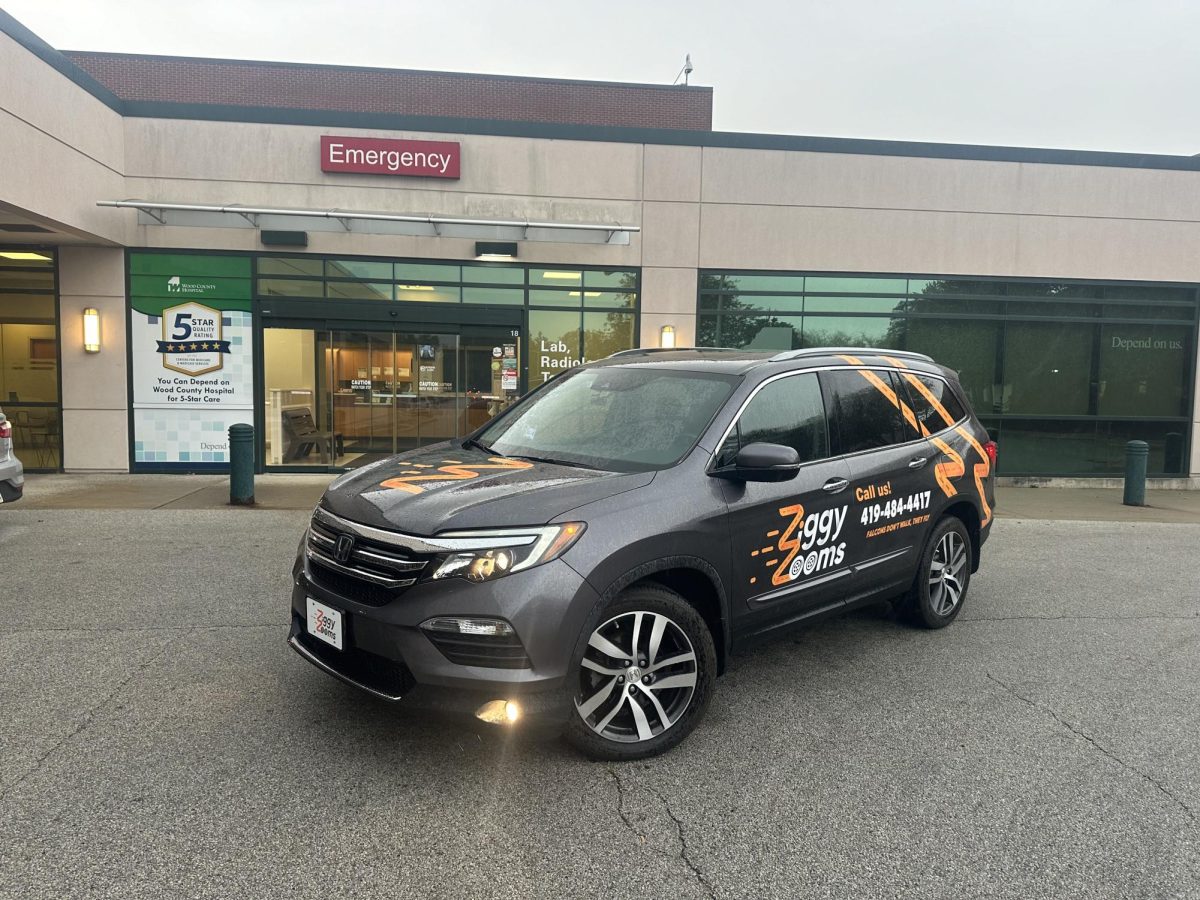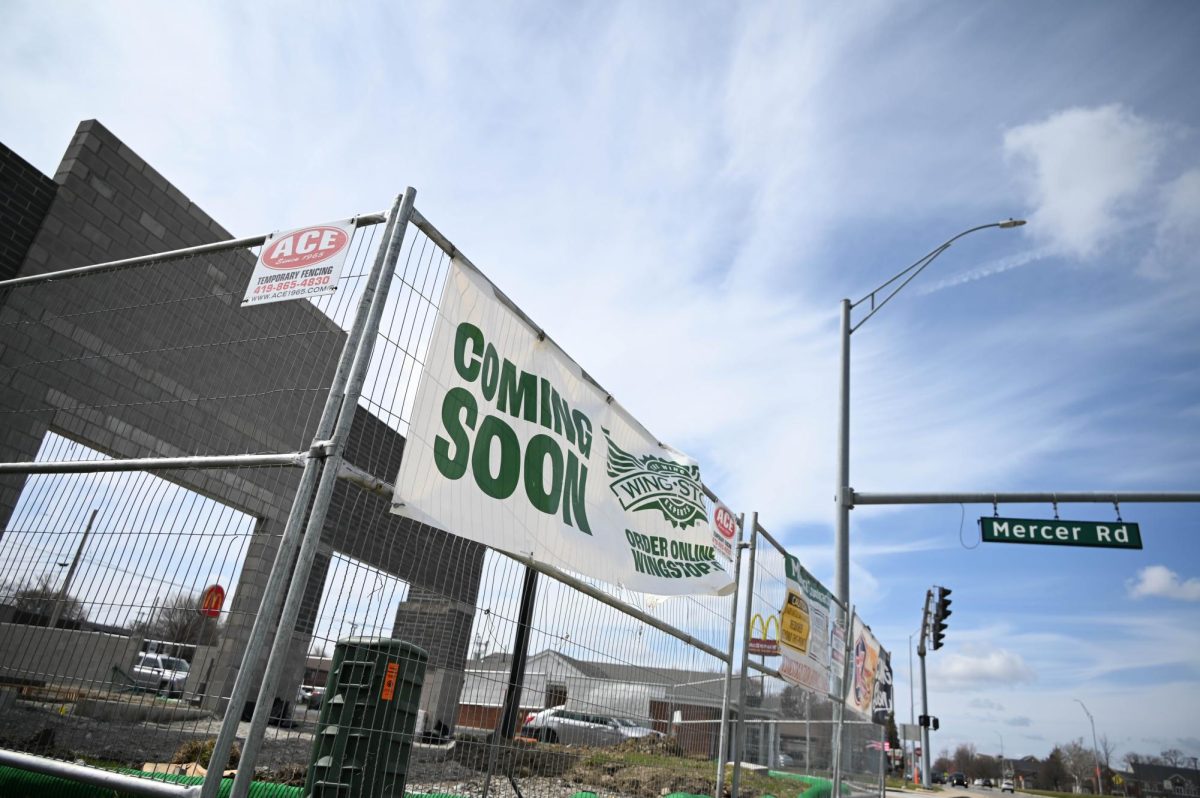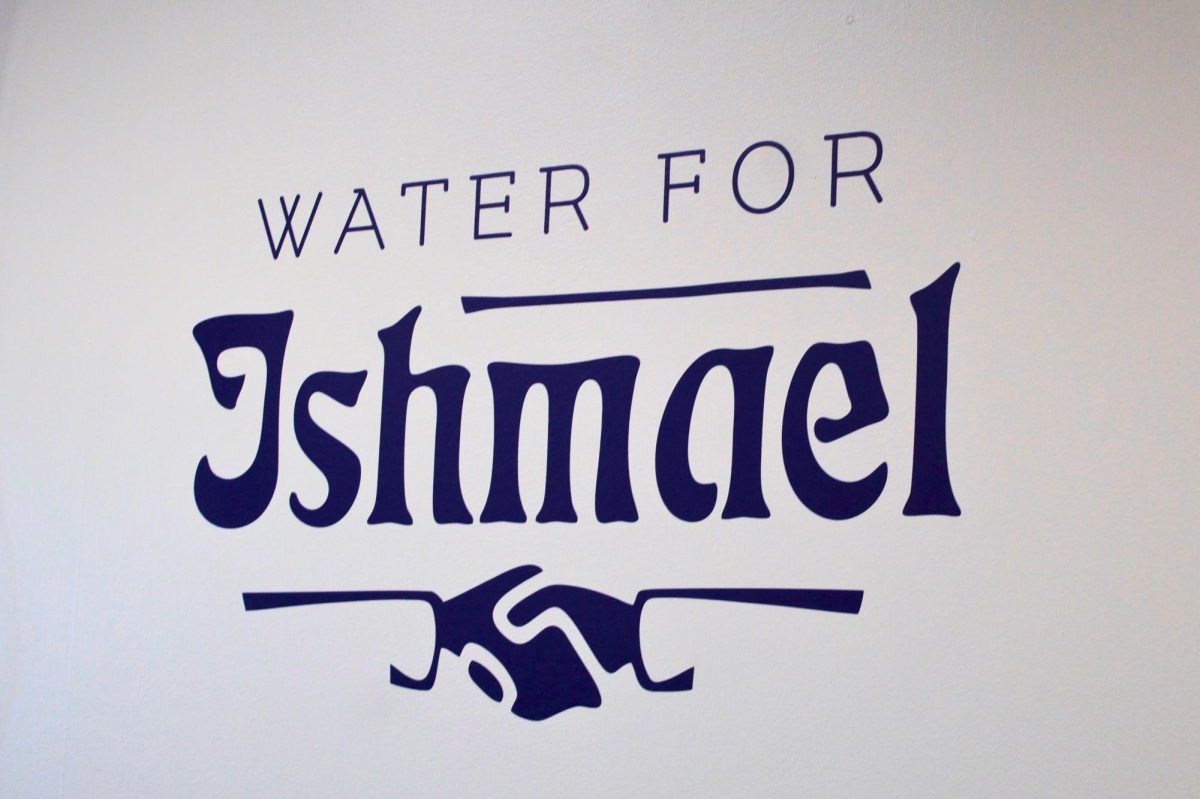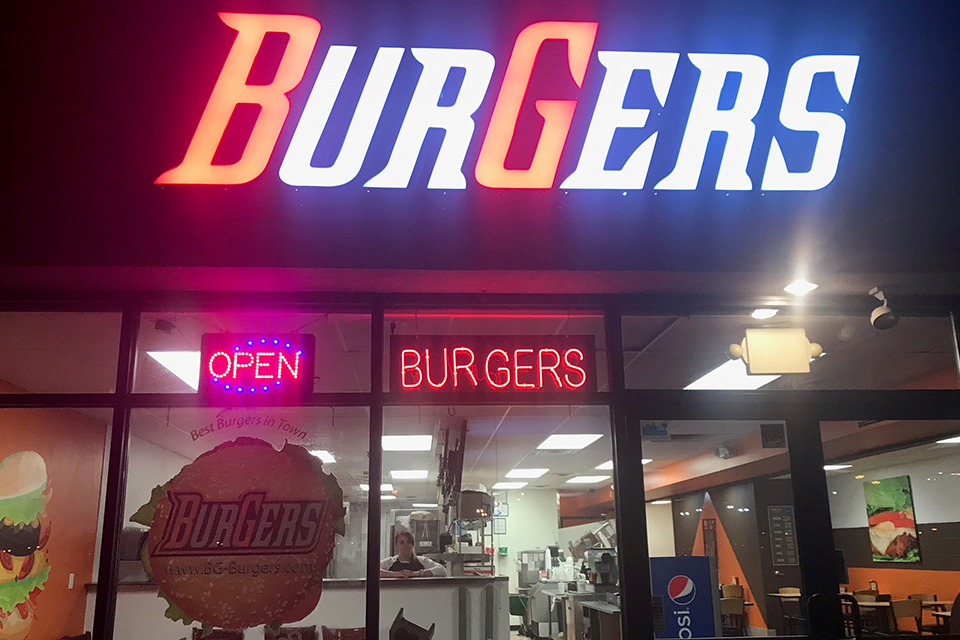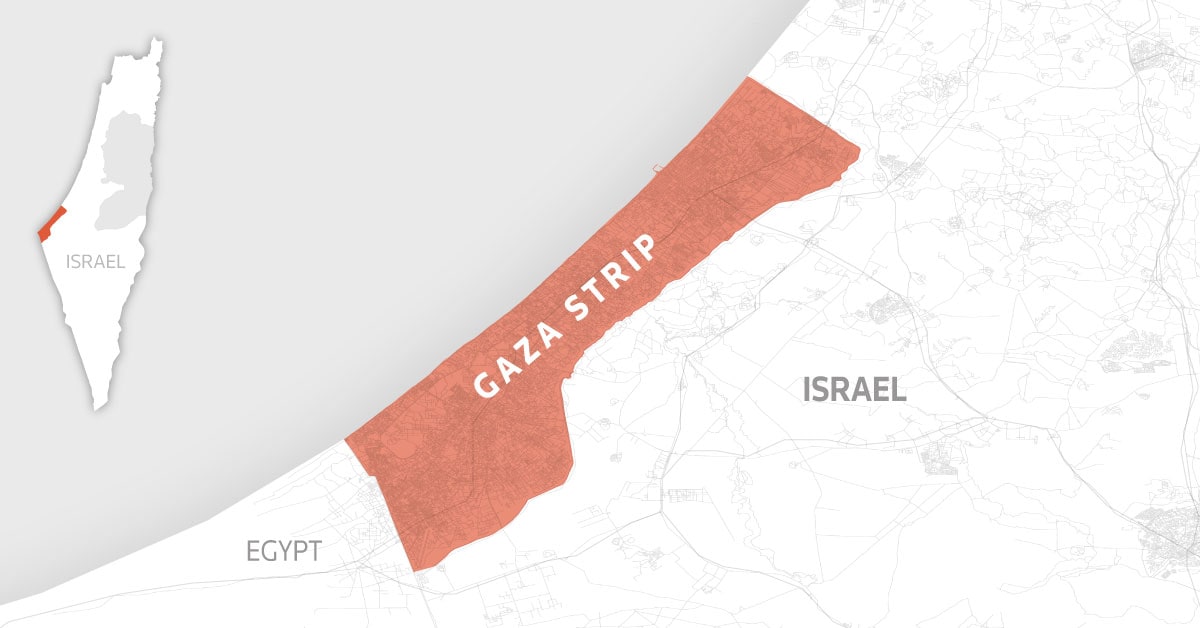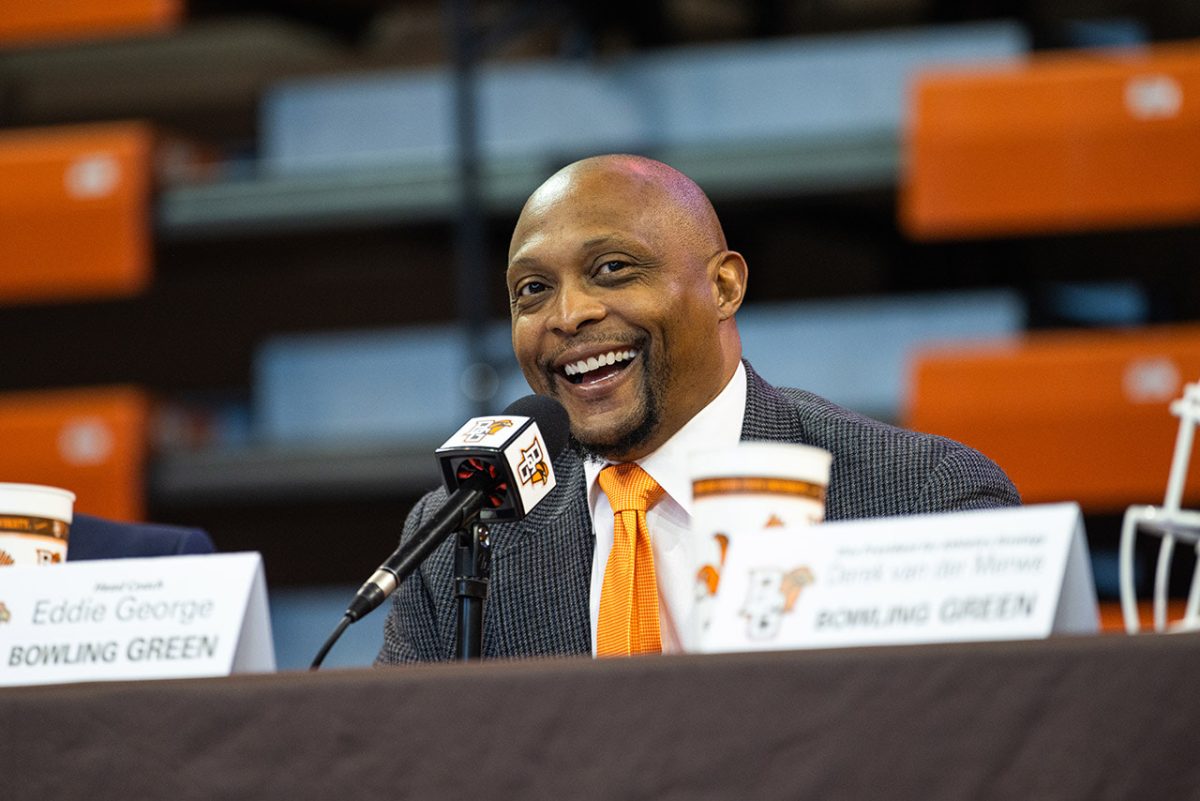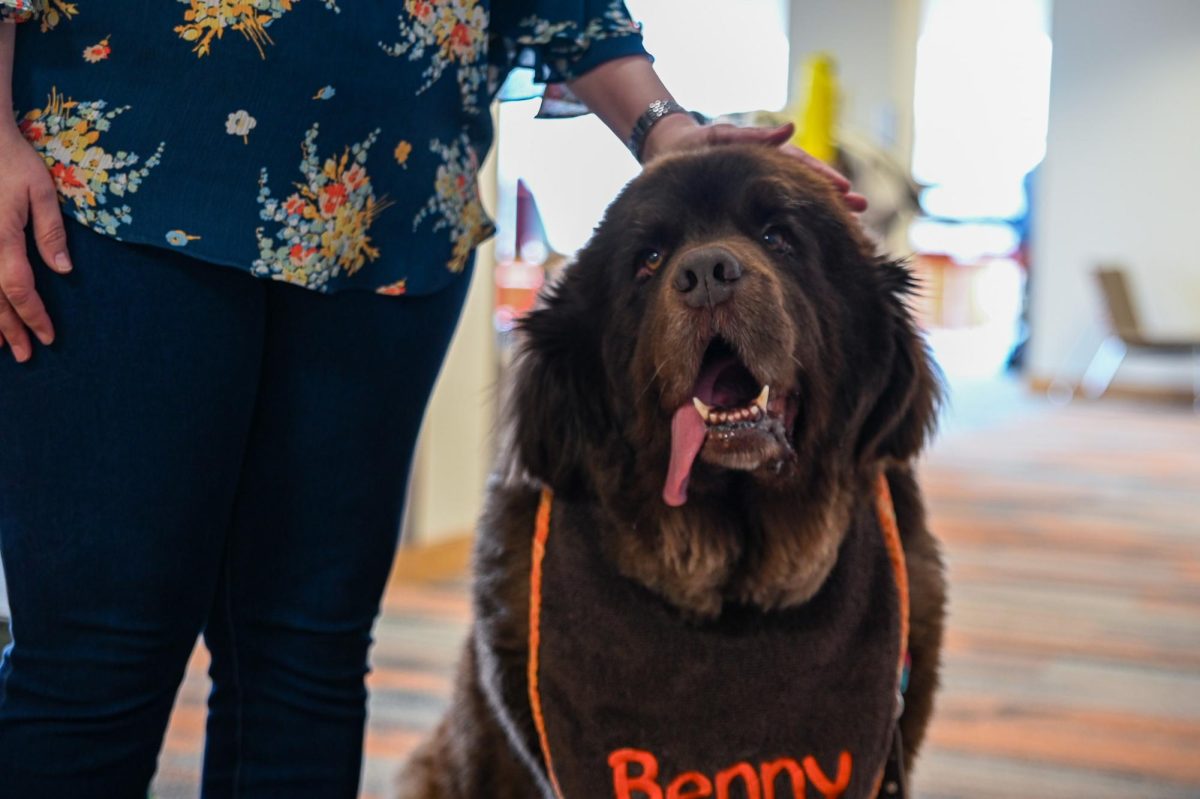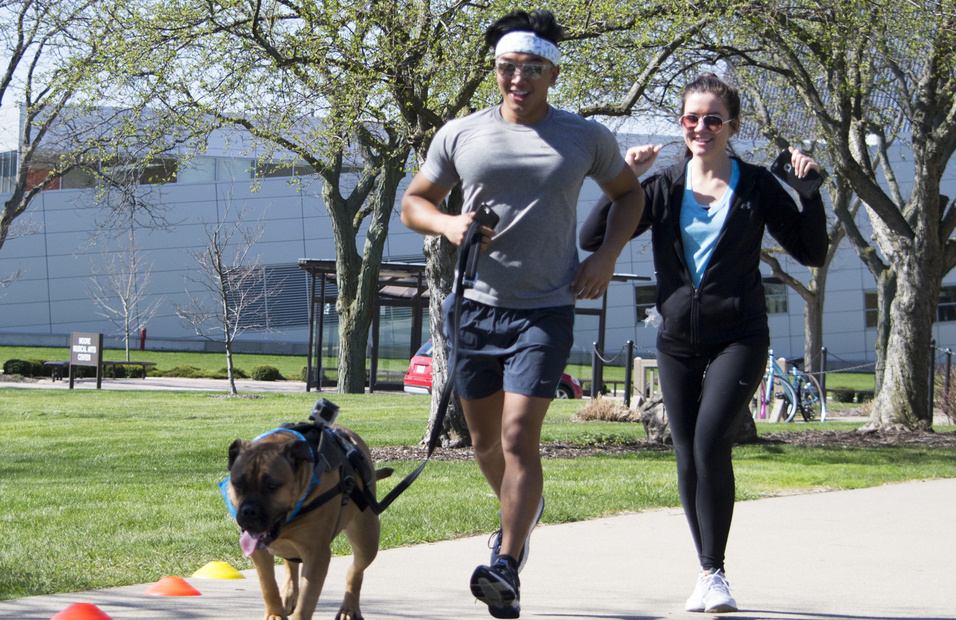At BGSU, Gender Violence Prevention and Education Services (GVPES) is partnering with the domestic and sexual violence shelter, The Cocoon, and local ride-share company, ZiggyZooms, to offer free transportation to and from Northwest Ohio hospitals for survivors of sexual assault.
This time of year is known as “The Red Zone” because of the increased risk of assaults, according to The Rape, Abuse & Incest National Network (RAINN).
In instances when people affected by sexual assault do not have readily available transportation to get the help they need, this collaboration service is provided 24 hours a day completely free of charge for Bowling Green community to gain immediate medical attention without worry of cost or means of getting there.
Robin Guidera, director of Development and Communication at The Cocoon, said having the option to get to the hospital after an assault is crucial.
“It helps ensure that any emergency medical needs can be addressed. In the case of a sexual assault, a rape kit exam can be done before any evidence may be compromised and to be sure that the survivor is connected to any services that they feel that they need from a Cocoon advocate,” Guidera said.
Kori Koschalk-Newmister, assistant director of GVPES and the Center for Women and Gender Equity (CWGE), explained GVPES’ goals for the collaboration.
“We want to make sure that our victims and survivors know that there are people who care and support them. Having to go through something like that, you have so many questions and so much uncertainty,” Koschalk-Newmister said. “Our hope is that this at least takes a little bit of the stress away from them because they’ll know that they have safe transportation to and from the hospital, which is a huge barrier, especially with [hospitals] being outside of town and if it’s the middle of the night.”
Kacee Ferrell-Snyder, director of CWGE and GVPES, said one of the most crucial considerations of the partnership was figuring out who would provide the hospital transportation for survivors in a knowledgeable and compassionate way.
“One of our concerns was whoever provides the transportation, we want to know that they’re safe and reliable and they’re going to treat the victims with care, that they have appropriate training and all of those kinds of things,” Ferrell-Snyder said.
According to Guidera, transportation by a trusted source may make the difference in the survivor seeking transportation to a hospital versus not.This is where ZiggyZooms came into the equation.
Cameron Parke, President and CEO of ZiggyZooms, said that BGSU Chief Well-Being Officer, Ben Batey, and Kathy Mull, executive director of The Cocoon, reached out to him and asked if ZiggyZooms could take on the service.
“Immediately, my response was yes. It was a no-brainer when it came to helping the student survivors. Whatever it is that we had to do to get it done, we were going to do it,” Parke said. “If we could help one survivor, we made a world of a difference for that person.”
From the onset of the collaboration, Parke said he was passionate about the prospect of serving sexual assault survivors.
“I will work and figure it out no matter how hard the obstacles that stood in our way were to really get this done for the survivors because this is something that is bigger than us. This is a way that we can give back,” Parke said. “The goal of this project is to get more student survivors to come forward and understand it’s okay. We’re here with you, your peers are here, we’re trained, we’re ready to go and we’re ready to serve you and get you the health care access that you need,” said Parke.
Parke said prior to this service, BGSU police would provide hospital transportation to survivors. Through feedback, they realized the potential negative impact of placing individuals who had just undergone the traumatic experience of sexual assault in a situation where they might feel as though they were being punished, as being in the back of a police car could add to their distress and make survivors feel as if they were in trouble.
To ensure utmost comfortability for survivors, Parke assured ZiggyZooms drivers were selected for this service through a highly thorough vetting process, including a comprehensive Bureau of Criminal Identification and Investigation (BCI & I) and FBI background checks.
“All of the drivers who are driving for this project are seasoned ZiggyZoomers from the ground up. They’re very safe on the road, number one. We take it a step further after vetting them,” Parke said.
ZiggyZooms has a designated board for the Cocoon and GVPES collaboration. This specialized sub-team, consisting of two individuals who hold master’s degrees and are licensed social workers in the state of Ohio, along with a Doctor of Psychology, oversees who is eligible to become a driver and anyone who will become a dispatcher.
“They go through a BCI & I and FBI background check at the Wood County Sheriff’s Department. This is everyone who sets foot onto the Cocoon team because we want to ensure that the individuals that are supporting this effort are going to make sure that these survivors feel as comfortable as possible,” said Parke.
After the vetting process and background checks, all drivers for this service go through a regimen of training and classes established by advocates at the Cocoon to be sensitive to survivors’ needs, including trauma-informed care, according to Ferrell-Snyder.
According to Parke, he service operates through two primary ways: initiation by The Cocoon or directly contacting ZiggyZooms. When survivors first contact The Cocoon through calling 419-373-1730 and selecting option 2, they activate a streamlined process.
“This is the main line of how we’re streamlining this process. So, when the advocate takes the call, they’ll give us information that helps us ensure that we can get to the survivor and get them taken care of when it comes to getting them to the Wood County Hospital, up to ProMedica of Toledo, out to Fremont or down to Findlay,” Parke said. “Within the agreement, I actually expanded the radius to 30 miles of support. So, we are covering just about as much of Northwest Ohio as we can as a company to get them to the healthcare resources that they need.”
Parke said ZiggyZooms will reach out to The Cocoon shelter, if need be, if a survivor were to bypass the phone number connected to the Cocoon and call ZiggyZooms at 419-484-4417.
“A survivor who hasn’t reached out to an advocate not knowing that The Cocoon shelter’s resources exist could call through ZiggyZooms, even if we’re closed. There’s a special dial that will force through to the operators who are on standby 24/7, 365, ready to take a call,” said Parke.
This specialized line ensures immediate connection to trained operators who swiftly coordinate with advocates from The Cocoon.
“So, anytime that phone rings, multiple individuals on our team, who, again, went through the entirety of the process: the screening, the vetting, the background check and then also the training through The Cocoon program for us, are going to take that call. Then, they’re going to get in contact with an advocate and let them know, ‘Hey, we have someone who does not have an assigned advocate yet,’” Parke said. “We’re going to make sure that we then go, we pick up the survivor, we get them to wherever it is that they need to get to, whichever hospital, and then we’re going to make sure that they have an advocate on their side as well.”
These approaches maximize access to the service and support for survivors in crisis seeking health care.
“So, if you don’t know about The Cocoon shelter and its resources, ZiggyZooms kind of acts as a vehicle to get an advocate involved, and vice versa; if they know about The Cocoon shelter and don’t know about ZiggyZooms, it [works] both ways, opening the doors for accessibility and making sure that the survivors can get to the hospital,” Parke said.
The process to be picked up after the hospital visit is the same as calling to be picked up.
“They call again when they need to be picked back up. So, they’ll call that number again, it goes to The Cocoon, and it’s the same in reverse,” Ferrell-Snyder said.
Guidera said the phone is guaranteed to be answered by an advocate at any hour of the day.
“That is the agreement with ZiggyZooms. They understand the importance of being available when a survivor of an assault calls, regardless of time of day, to ensure that they get the medical attention and support services that they need immediately,” Guidera said.
This survivor transportation service is made possible by a two-year grant given to The Cocoon by the Ohio Office of Criminal Justice Services funded with American Rescue Plan Act (ARPA) dollars, according to Guidera.
“Once the two-year funding cycle is complete, we are hoping to work with Bowling Green State University to continue funding this important program,” Guidera said.
Reflecting on the impact of the program, Parke spoke earnestly about its fundamental goal and the significance of helping survivors seek medical help.
“It was just all about doing the right thing and I just couldn’t be more proud of the team for as many hours as we put into getting this set up and getting it ready, from all parties; BGSU, The Cocoon shelter and ZiggyZooms. It’s truly an honor and something that I’m thankful that they considered us for. And I know our team is, too,” Parke said.
In the midst of “The Red Zone” and beyond, GVPES, The Cocoon and ZiggyZooms say they will support the immediate needs of sexual assault survivors while trying to enhance their safety at BGSU.


